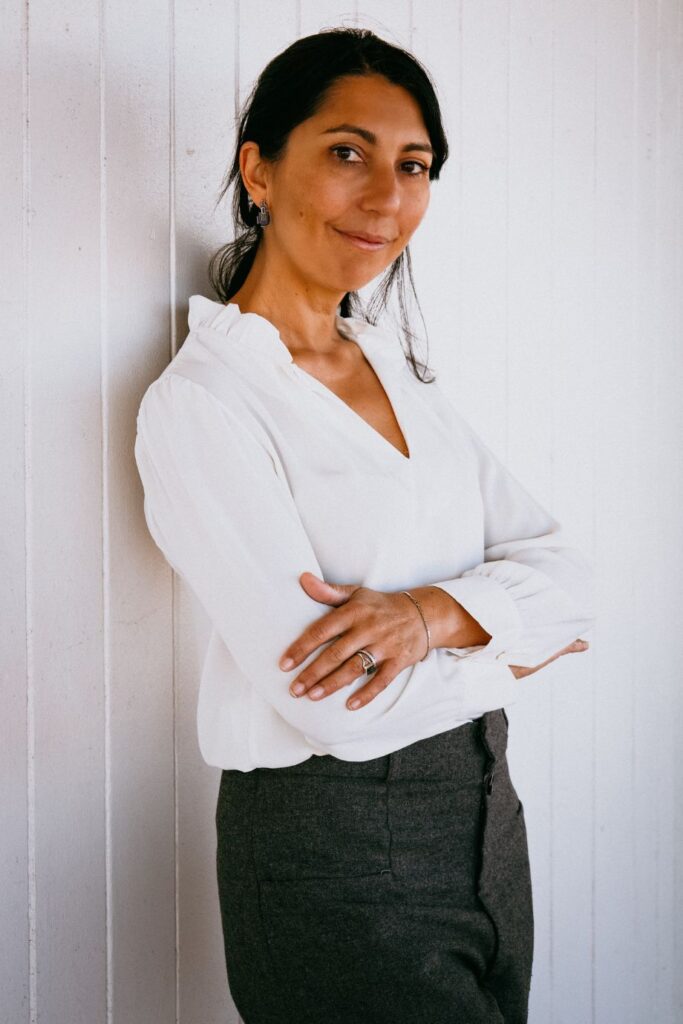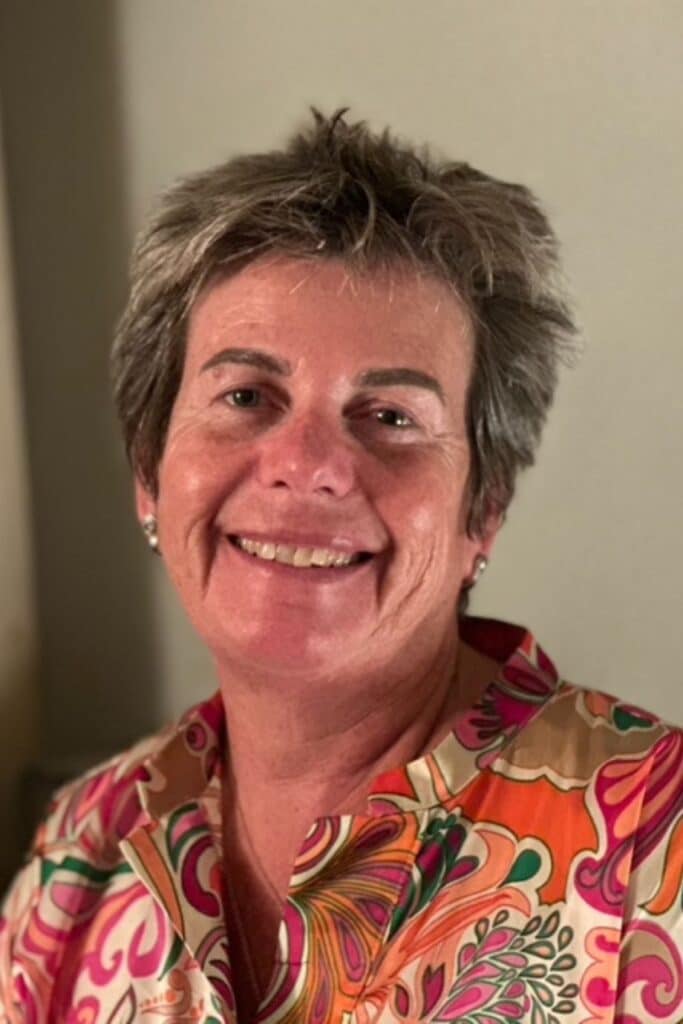As women continue to face innumerable disadvantages in society, demand for crisis accommodation and emergency assistance is higher than ever.
But providing crisis assistance in isolation doesn’t solve the broader problem. Empowering women after providing crisis assistance is the next step to a long-term solution, and there are charities in Australia making this possible.
On Friday September 15, Australian philanthropic charity 100 Women announced five new organisations to receive grants of up to $50,000 to support their causes – from women’s health and safety to empowering women through work, education and housing.
These grants were made possible by the support of Ostelin, Australia’s number one Vitamin D and Bone Health brand, and their initiative Project Strong. Ostelin’s project celebrates and empowers the strength of all women from the inside out.
Since the establishment of the partnership, 100 Women and Ostelin have changed the lives of more than 21,000 women and girls. Founded in 2014, the philanthropic charity has funded 34 major projects, raised $1.25 million collectively Every single dollar donated to the charity goes directly to the grants they award every year.
This year, Orana House, the Cana Communities and the Hunger Project Australia were awarded a grant from 100 Women to fund their projects dedicated to empowering women gain emotional and financial independence.
Orana House
When it comes to women enduring family and domestic violence (FDV), there is a common but misguided question that people ask: “Why doesn’t she just leave?”
But Jasmyn Hutin from Orana House says there is another question we should be asking: “Where can she go?”
Orana House began 30 years ago with a “housing first model” via crisis accommodation service for victims of FDV. According to recent statistics, one in five women have experienced sexual violence since the age of 15. What’s more, 53 per cent of perpetrators are intimate partners, and 69 per cent of assaults happen at home.
Although the housing first model is proven to be a successful model for charities in Australia and around the world, Hutin said there is a “diabolical rental crisis” in Western Australia, where Orana House is based.

While a typical vacancy rate between 2.5 and 3.5 per cent represents a balanced market, the rate in August 2023 in WA was at 0.9%. As a result, women and children could be on a waitlist for social housing for up to two years.
“The women and children we support can’t languish on a waitlist – they’re in a critical situation that needs attention right now,” she said.
“They’re facing the dilemma between choosing homelessness or living with their perpetrator.”
Facilitated by 100 Women’s grant, Orana House can now eliminate that dilemma from the lives of these women and their children.
The Housing Families: Connect, Move, Succeed project involves a register for women to join, which connects them with socially conscious landlords who can offer affordable properties to these vulnerable women, for a sustainable future.
Hutin said the program will respond to the “critical bottleneck situation” of the housing market in WA.
“It’s essentially a program that helps us to support and advocate for women who have gone through family and domestic violence and have been living in refuge,” she said.
“We’ll assist them into the private rental market through bond assistance, rent top ups and more importantly, case management, so that there’s a really seamless and supported tenancy.”
In the last financial year, 117 women and their children were referred to the Orana Housing Families program for support with securing private rentals.
As a result, 57 women and 86 children were supported into accommodation while on the Housing Families register, through a combination of private rentals and transitional housing.
With the latest grant, Hutin said Orana House will be able to help an additional 50 women and their 140 children in finding affordable and sustainable private rental accommodation.
“The grant from 100 Women has the potential to save lives – and certainly increase their quality of living in the future.”
Cana Communities
Nine years ago, when she began volunteering for Cana Communities, Tor Taranto sat down at a table she thought she would never find herself at.
“There were women from jail, transitioning women… people who were different to me,” she said.
“I realised something – that we’re all people.”
It inspired Taranto to continue her volunteer work for Cana Communities in Sydney for three years, before moving to Perth and founding the Western Australia branch of Cana Communities.

Cana Communities is a not-for-profit charity. Founded in 1975, the organisation has worked with men and women who have experienced homelessness, addiction and mental health issues through a relational model.
“We basically provide a connection and a sense of belonging through our hospitality, our home spaces and our social enterprise,” Taranto said.
“I’ve been fortunate enough in my life to have people around me that have been able to support me, whether that’s through family, friends or money. And a lot of people don’t have that.”
But that’s exactly what Cana Communities provide through their work – family-style support to empower vulnerable people to get back on their feet.
On top of transitional housing and employment pathway opportunities, the grant for 100 Women will be used to hire a community nurse and an art therapist for Cana Communities in WA.
The project, called the Life Transformation Program, will provide the care that vulnerable women need in order for them to re-establish familial relationships, improve relational skills, gain independence, access work opportunities and more.
“Having a community nurse who can be there regularly will break down some of the barriers people face navigating the healthcare system,” Taranto said.
“And as for the art therapist, so many people in our community have such tremendous trauma, but it actually helps people if you get them to draw.
“They don’t have to articulate with words, which is expected from so many other organisations out there.”
Cana Communities expects the program to reach 20 women directly, aged between 20-60 years old and coming from all walks of life. Alongside this, their families will also be positively impacted from the support provided.
But it’s not about the service the organisations provides, or certain KPIs they need to meet, Taranto said, and it never has been.
“We’re not ‘yes’ people, we’re not do-gooders, we actually have firm discussions around what that person needs and why they need it, because quite often what presents isn’t actually the underlying issue,” she said.
“We follow the needs of society – the marginalised people of society.
“We have a vision and we know what our mission is. As long as we go with that, we can basically respond to anything.”
The Hunger Project Australia
The grants awarded by 100 Women and Ostelin on September 15 were not solely confined to Australian charities and initiatives. With the aim of having a global impact, The Hunger Project Australia was the fifth recipient of the grant.
In the northeastern state of Bihar in India, nearly half (46 per cent) of adolescent girls will be married before they turn 18. But this is not a statistic The Hunger Project Australia is willing to accept.
Thanks to the grant awarded by 100 Women and Ostelin, the charity can now run a multifaceted, grassroots initiative to end early and forced marriages of young girls in Bihar, India.
The program involves training workshops, material development and rigorous project evaluation that is expected to directly reach and impact 1,400 adolescent girls, while having an indirect impact on around 7,000 other members of the wider community.
The workshops will teach these girls vital skills of communication, negotiation, and decision-making. They will also be education on sexual and reproductive health and rights, menstrual hygiene management, nutrition, healthy lifestyle recommendations, digital literacy, and cyber safety – all with the overarching goal to break the cycle of child marriages.

